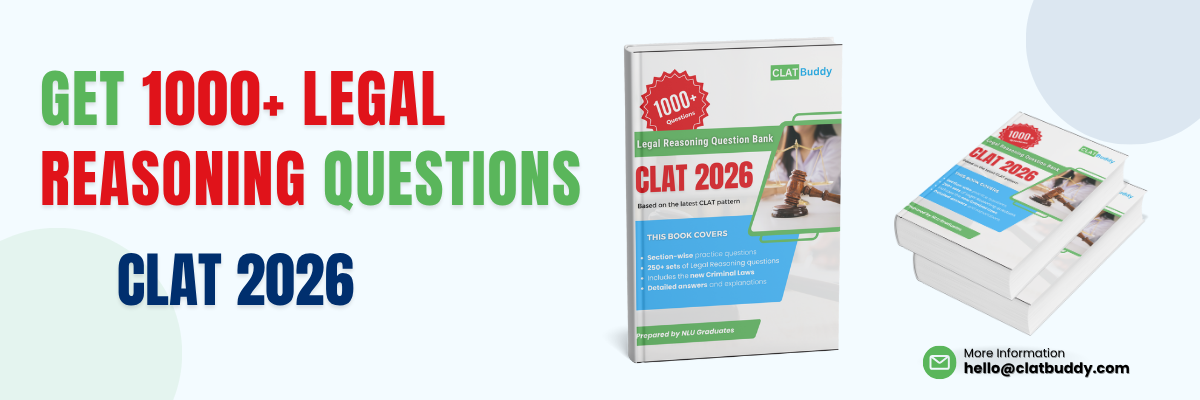Under the Indian Contract Act, 1872, a contract is defined as an agreement that is legally enforceable (Section 2(h)). In simple terms, a contract is an agreement between two or more parties that is recognized and enforced by law. For an agreement to be deemed a contract, it must satisfy two essential elements: agreement and enforceability by law.
An agreement forms the foundation of a contract. It refers to the mutual consent or “meeting of minds” between the parties involved. An agreement typically consists of two key components—an offer made by one party and an acceptance by the other. Once an offer is accepted, the agreement binds the parties to fulfill the terms. However, not every agreement is a contract. For an agreement to become a contract, it must fulfill certain legal requirements, including the intention to create legal obligations.
The second component of a contract is its enforceability by law. Agreements that meet legal standards and fulfill necessary conditions—such as free consent, a lawful object, and lawful consideration—are enforceable. For instance, agreements that involve illegal activities or are made under coercion are not enforceable, and therefore, not considered valid contracts. Also, agreements involving immovable property must be in writing to be enforceable.
The Indian Contract Act thus emphasizes that while every contract is an agreement, not every agreement is a contract. An agreement must pass the test of enforceability under the law to be considered a binding contract.
Questions
Question 1: Ravi, a car dealer, agrees to sell his car to Suresh for ₹5 lakhs during a conversation at a family gathering. Ravi tells Suresh that they will discuss the finer details later and simply agrees on the price for now. A few days later, Suresh arranges the payment and contacts Ravi to finalize the deal. However, Ravi decides not to go through with it, saying that the conversation was informal and not a legal agreement. Based on the Indian Contract Act, 1872, can Suresh claim that a legally enforceable contract exists?
(a) Yes, because there was mutual consent regarding the sale and price of the car.
(b) No, because the informal agreement lacked intention to create legal obligations.
(c) Yes, because Ravi and Suresh discussed a significant financial transaction.
(d) No, because the agreement must be in writing for it to be enforceable by law.
Question 2: Deepa offers to sell her immovable property to Manoj for ₹20 lakhs. Manoj verbally accepts the offer, and they agree to meet later to finalize the deal. Before they can sign a contract, Deepa changes her mind and decides not to sell the property. Manoj, however, has already spent money hiring legal advisors and making preparations for the purchase. Based on the Indian Contract Act, 1872, can Manoj claim that a legally enforceable contract exists?
(a) Yes, because Manoj has already acted on the agreement, showing intent to fulfill the terms.
(b) No, because the agreement lacks the formalities required to be a legally enforceable contract.
(c) Yes, because Deepa’s offer was accepted by Manoj, and both parties were aware of the conditions.
(d) No, because the contract was not signed and there was no enforceable legal obligation created.
Question 3: Rajesh, a farmer, agrees to sell his crops to a local grocery store under a verbal contract. The store promises to pay Rajesh ₹1 lakh in exchange for his produce at the end of the season. After the season ends, the store owner refuses to make the payment, claiming that the agreement was informal and not binding. Rajesh decides to take legal action to enforce the agreement. Under the Indian Contract Act, 1872, what must Rajesh prove to succeed in enforcing the agreement?
(a) Rajesh must prove that there was mutual consent and a clear intention to create a legal obligation.
(b) Rajesh must show that the store benefitted from the crops, making the agreement legally enforceable.
(c) Rajesh must provide written proof of the agreement in order to enforce the contract.
(d) Rajesh must demonstrate that the offer was accepted in front of witnesses to make it binding.
Question 4: Aditi enters into an agreement with Shyam to provide catering services for Shyam’s upcoming event. Aditi accepts the offer, and they agree on a price of ₹2 lakhs. However, on the day of the event, Shyam refuses to pay, claiming that the contract was not valid because it was never written down. Aditi argues that the verbal agreement was clear and that she has already provided the service. According to the Indian Contract Act, 1872, what is the legal status of this agreement?
(a) The agreement is legally enforceable because Aditi has already performed her part of the contract, which is lawful consideration for the contract.
(b) The agreement is not valid because it was not put in writing as required by law.
(c) The agreement is enforceable only if Aditi can prove that there was a witness to the verbal contract.
(d) The agreement is not valid since Shyam did not sign a formal contract.
Question 5: Vikram and Nisha, both business partners, agree to form a joint venture to expand their product line. They discuss the terms over a series of emails but never sign a formal contract. After some time, Nisha backs out, claiming that since there was no signed contract, she is not legally bound to proceed. Vikram, however, has already spent significant resources preparing for the venture based on their discussions. Under the Indian Contract Act, 1872, can Vikram legally enforce the agreement despite the lack of a formal written contract?
(a) Yes, because there was mutual consent, and Vikram has already acted on the agreement.
(b) No, because the agreement was not put into writing and signed, as required by law.
(c) Yes, because their email exchanges form the basis of a legally enforceable contract.
(d) No, because an agreement must be formally signed to be considered a valid contract.
Calling all law aspirants!
Are you exhausted from constantly searching for study materials and question banks? Worry not!
With over 15,000 students already engaged, you definitely don't want to be left out.
Become a member of the most vibrant law aspirants community out there!
It’s FREE! Hurry!
Join our WhatsApp Groups (Click Here) and Telegram Channel (Click Here) today, and receive instant notifications.





